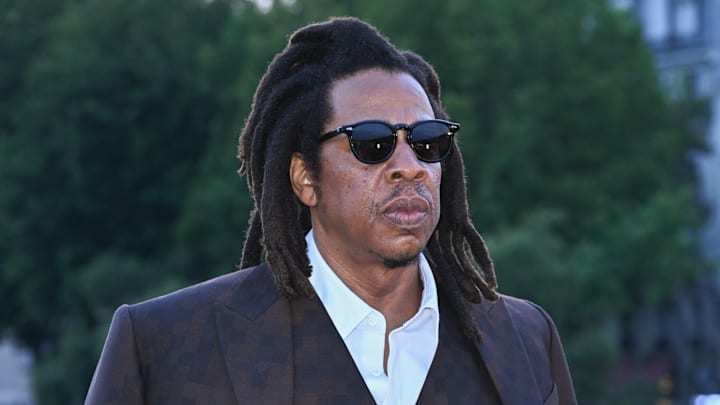Troy Ave recently hinted at an interesting tidbit during an appearance on The Facto Show, suggesting that JAY-Z had once recorded a response to Kendrick Lamar's infamous "Control" verse. According to the Brooklyn rapper, Hov decided against releasing the track, opting for silence instead. This revelation adds a layer to the intriguing dynamics of the rap game, showcasing how artists make strategic decisions about when to respond and when to remain silent.
During the interview, Troy Ave touched upon his own approach to disses and responses, particularly in the context of Uncle Murda's recent diss against him on "Rap Up 2023." Troy explained his decision not to respond in kind, citing JAY-Z's example of recording a response but choosing not to drop it. This move signifies the power of restraint and the impact that silence can have in the realm of hip-hop beefs.
Troy Ave further emphasized the potency of his response to Kendrick's "Control" verse, claiming that his bars hit harder than those of other renowned rappers. This assertion is a bold claim, but Troy Ave stands by the belief that his two bars left a lasting impact, earning recognition even from Snoop Dogg, who reposted the content. The discussion highlights the subjectivity and diverse reactions that different responses can generate within the rap community.
Related News: Troy Ave Acknowledges 50 Cent's Impact on Independent Mixtapes and His Personal Influence
Kendrick Lamar's "Control" verse, where he declared himself the "King of New York" and called out various peers, stirred significant controversy in the hip-hop world. Despite the intense reactions, Kendrick maintained mutual respect with JAY-Z. Kendrick even revealed in a past interview that he had a conversation with Hov about the verse, underlining the mature and constructive conversations that can arise amidst rap rivalries.
This behind-the-scenes glimpse into the decision-making process of artists like JAY-Z showcases the strategic thinking and careful considerations that go into responding to provocative verses and diss tracks. It adds a layer of nuance to the narrative of hip-hop rivalries, revealing that silence and restraint can be powerful tools in navigating the complexities of the industry.
